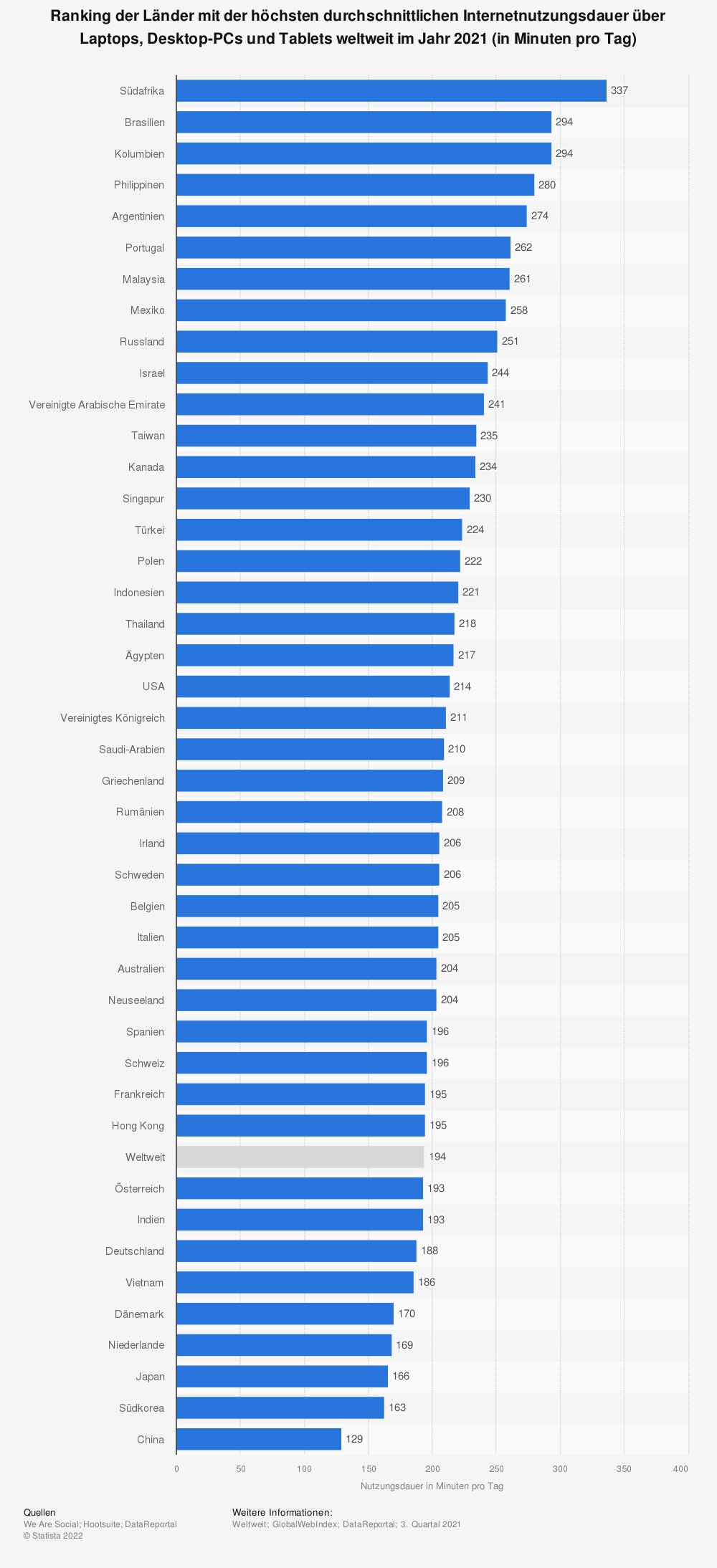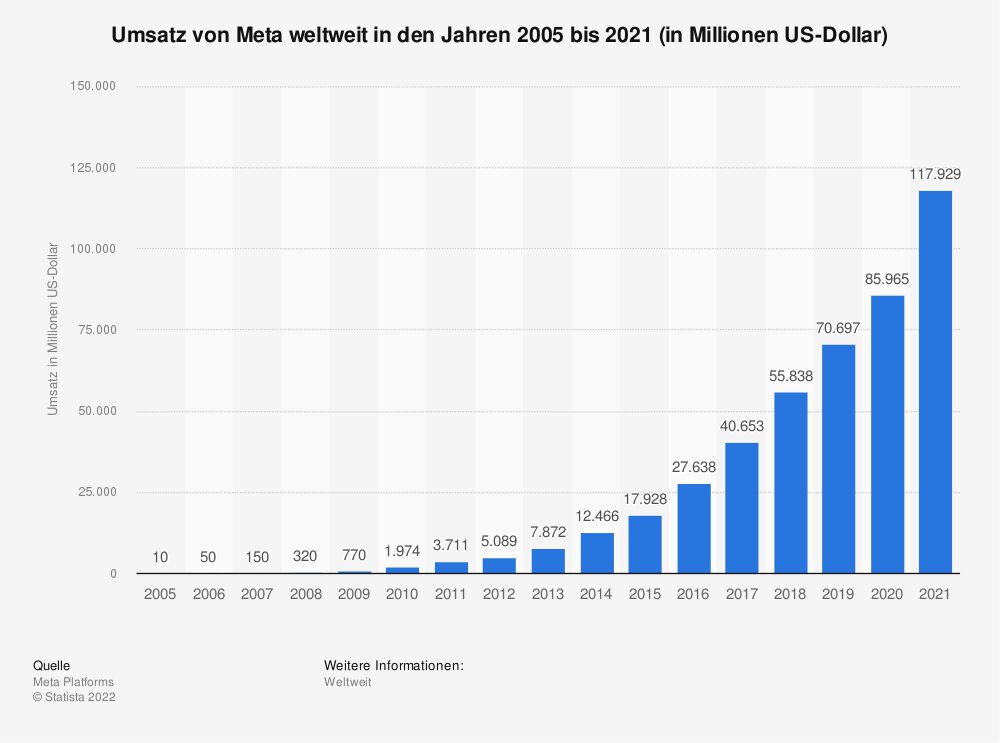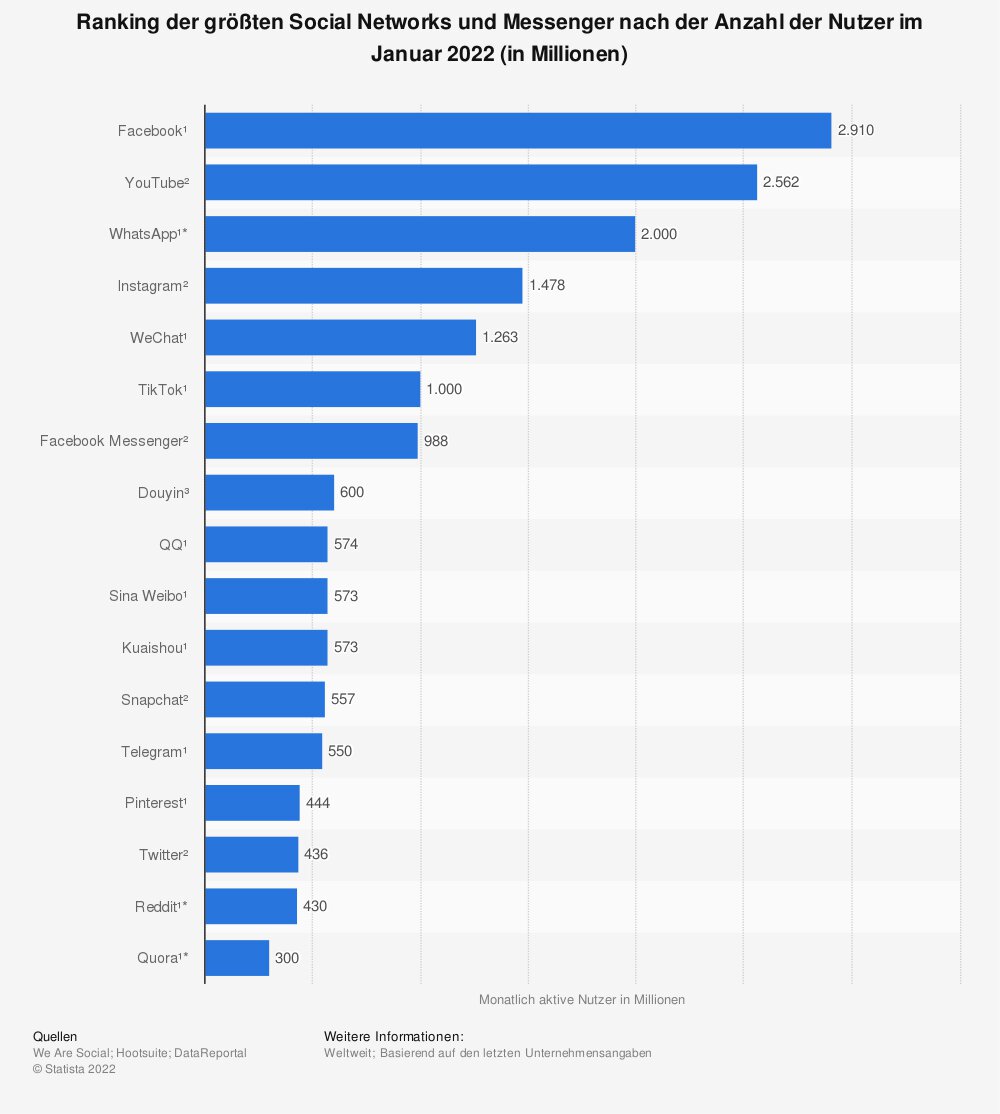
Metaverse
The metaverse is the future. But who creates the future?
At least since Mark Zuckerberg announced the Metaverse at the end of 2021 and the simultaneous renaming of the company group to Meta, the term has been on everyone's mind. But Facebook's metaverse is not the first of its kind. Several attempts failed or could not serve the long-term initial interest. Why should it be different this time?
What is „Metaverse“?
In the greatest possible simplicity, the Metaverse is a virtual three-dimensional place for collective use and creation, built from the Internet as the base as well as virtual worlds and augmented reality. Users can actively participate, meet in different worlds and collectively create, work, entertain or be entertained. The metaverse is thus an evolved version of the Internet that exists to this day, which is used digitally but does not suggest reality. In the future metaverses, the user will merge completely with the environment and will move in a virtual 360° space.
A complete adaptation of the real experience into the digital world has been in the making for several decades. The first relevant spin-off of a metaverse was the game "Second Life" from 2003, where users could create avatars, interact with other avatars, exchange information via messenger and trade with companies via digital currencies. The big difference to multiplayer role-playing games (MMORPG) is that interaction in the metaverse is not designed to achieve a specific goal, but rather to increase permanent interaction among members. Nevertheless, this attempt at definition is almost doomed to failure.
Even the most knowledgeable experts, such as Matthew Ball, whose treatise The Metaverse: What It Is, Where to Find it, and Who Will Build It is almost the standard work on the metaverse, does not define the metaverse as what it is, but rather as what it is not:
- Not a virtual world that represents a created reality in the form of a game.
- Not a virtual space like Second Life, which contains elements of the metaverse, but does not have sufficient attributes.
- No virtual reality where you can experience a world but not interact with it.
- Not a virtual economy in which digital commerce is conducted.
- Not a game, due to the lack of a goal.
- No virtual theme park with purely entertaining elements.
- No app store, where additional apps are needed to add features.
- No UGC platform where influencers can distribute and monetize content.
All this is not the metaverse - but all these elements can and will be part of the metaverse! In the same work, however, Ball also provides an explanation in which direction a metaverse could develop:
- The metaverse has no break, but runs steadily on.
- It is live! Events may be limited, but the experience will be constantly available in real time.
- It is infinite in size, so it can theoretically accommodate an infinite number of participants (though of course this number of participants is already limited by technical requirements).
- It is a completely functional economic cosmos in which both users and companies can offer, buy or invest in digital services and goods.
- It will impact both the digital and analog worlds.
- It will enable the exchange of digital elements across multiple platforms.
- The metaverse will be built from content and experiences of individual users, groups or even companies.
Put simply, the metaverse will eventually replace the Internet in such a way that we will communicate in the real world with the people in our immediate environment, with that environment being regionally limited around our current location. We will be able to share the same communication, including all experiences such as concerts, video games, workshops and commerce, with users all over the world in the metaverse without regional limitation.
How can companies, individuals and residents benefit?
The digital environment is everywhere, the Internet is omnipresent. No matter where users are digitally, there is already advertising there. A look at usage time in minutes reveals how much time people spend online.

Statista - Ranking of countries with the highest average internet usage time via laptops, desktop PCs and tablets worldwide in 2021 (in minutes per day)
An all-encompassing metaverse has the potential to drive up usage times even more. Increasing digitization, especially in emerging markets, also supports this trend. Companies are thus almost obliged to expand their presence in the most important digital channels in order to stabilize branding, increase traffic, and expand sales. Companies that do not participate in this will lose their livelihoods by global standards. At the same time, companies can perfectly leverage a metaverse for digital and analog sales. Product sales can and definitely will continue to influence analog.
What is new in the metaverse, on the other hand, is the fact that users' striving for individuality and thirst for recognition can be served directly by digital products. Accessories for avatars, especially limited items in games or NFTs are already generating drastic sales. In a highly popularized metaverse, such items are likely to increase strongly in value in the future. Millions are already being spent on NFTs. Since the metaverse is a kind of digital extension of the real world, the market mechanisms function similarly. Residents are already investing seven-figure sums to secure digital land - always with the idea of then reselling it at a profit. Since the metaverse is a kind of digital extension of the real world, the market mechanisms function similarly. Residents are already investing seven-figure sums to secure digital land - always with the idea of then reselling it at a profit.
So residents and companies benefit in the metaverse just as they would in reality. The only difference is that the metaverse is a developing market that is still largely untapped.
What is special about the Meta-Verse?
The metaverse in general is a term of art, first mentioned in the dystopian sci-fi novel Snow Crash by Neil Stephenson. The fact that the metaverse now emerging is closely linked to Facebook and Zuckerberg is nothing more than a marketing stunt. As one of the most valuable companies of all, the former Facebook naturally has tremendous market power, which is why the idea of the metaverse is now being taken really seriously or is being brought to the attention of the general public. By changing the name of the group to "Meta", there is a simultaneous branding effect that immediately associates the general concept of the metaverse with the Zuckerberg empire. What is special about the idea is that Meta has numerous factors to resurrect a real metaverse. The technology is there, as is the awareness, the data basis for optimal design has been created in recent years, and numerous external providers, such as the manufacturer of VR glasses Oculus, have been integrated into the company.
Facebook/Meta is thus in pole position when it comes to shaping the next platform, the successor to the Internet. The date of the announcement and the consequence of immediately adapting the company name have several reasons:
Growth
Facebook's revenue has grown exponentially since around 2010. This pleases owners, employees, and investors, but naturally poses extreme problems for management. Those who see exponential growth will expect the same in the future. As the market leader and founding company of the next great communications revolution, the value of the company and its real revenue would continue to rise forever.

Statista - Meta's global sales from 2005 to 2021 (in millions of U.S. dollars)
Market leadership
The Group earns its money from data and advertising. The more users Meta unites in its platforms, the greater the profit from advertising and data collection. There is already no way around Meta in the social media sector; there are four Meta platforms in the top 10 of the largest networks. But Meta is plagued by the same problem as Google's Alphabet group: One group can only do social media, the other only web-based Internet. Despite numerous attempts, neither has yet been able to break into the other's domain. With the Metaverse, Meta would have pulled the entire Internet usage onto its side and won the battle for complete digital market leadership.

Statista - Ranking of the largest social networks and messengers by number of users in January 2022 (in millions).
Image transfer
Facebook is evil, broken, unsafe, invasive and monopolistic! Meta is new, exciting, visionary, untainted. The planning and development of the Metaverse have been taking place for a long time, but the timing of the release was deliberate. Exactly at a time when Facebook was exposed to extremely negative PR due to data scandals and political entanglements, the switch was flipped. The evil network of the past no longer exists, the company is looking ahead - and forcing members to do the same. It's harder to hold scandals against a visionary company than against an already established brand with a negative image.
Conclusion
The metaverse is the digital future and will replace the Internet, social media and digital communication as we experience them now. New technologies such as virtual reality, augmented reality, the blockchain or cryptocurrencies such as Bitcoin will ensure this.
History shows that all major companies have always been pretty similar in terms of their visions. Internet, social media, mobile first, streaming - the ideas were all there years or decades before. Some companies transitioned better and at more opportune times than others - that's why some companies lost a lot of relevance. It will be similar with the metaverse. Those who make the transition will benefit - those who miss the transition will perish.
Two key points are nevertheless unclear:
- No one knows when the metaverse will be here. Is it more of a creeping process or will we flip the switch at some point? How many technical innovations still need to be created, or will we eventually be talking about a Metaverse 1.0, 2.0, etc.?
- Will Meta be the corporation to beat, or are there other players that are faster, better, more trustworthy? Are Alphabet, Microsoft and the Fortnite developers teaming up to compete? And what do they call their metaverse?
The Metaverse is the next digital revolution, the development of which we can witness live right now and for which we must prepare ourselves. In terms of equal opportunity, it would only be desirable if the Metaverse were not a monopolistic, dystopian place, but a borderless digital experience.